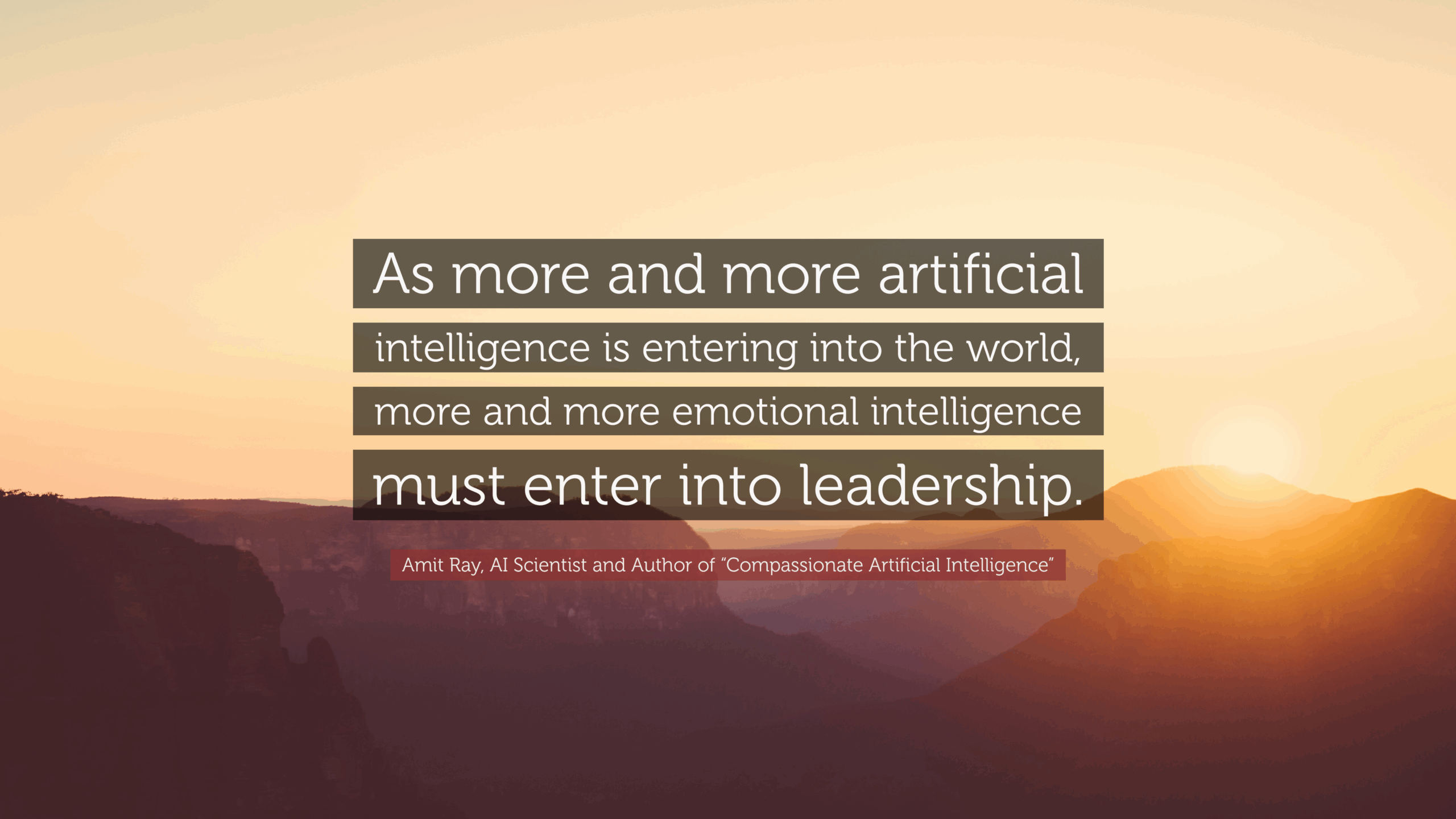As AI and robotics rapidly reshape the workforce, choosing a college major is more important and complex than ever. By 2035, experts predict that AI could automate or transform 50-60% of existing jobs, including many knowledge worker roles previously thought immune to automation. So, what should students consider studying to remain relevant and valuable a decade from now?
1. Focus on Human-Centric and Creative Skills
- Critical thinking, creativity, and emotional intelligence are the least automatable skills. Roles that require nuanced judgment, interpersonal interaction, and creative problem-solving will be more resilient to AI disruption.
- Fields like healthcare, education, and performing arts remain difficult for AI to fully replicate due to their reliance on human connection and physical presence.
2. Embrace Technology – Don’t Compete Against It
- AI literacy is now as fundamental as digital literacy. Understanding how to use, manage, and oversee AI tools will be essential across industries.
- Majors in AI, machine learning, data science, and cybersecurity are projected to thrive, as these fields drive and safeguard the AI revolution.
3. Target Sectors That AI Will Transform, Not Replace
- Engineering (primarily mechanical, civil, and biomedical) and medicine are relatively insulated due to technical and liability barriers, and they will increasingly integrate AI as a tool rather than a replacement.
- Renewable energy, sustainability, and environmental science are growth sectors driven by global priorities requiring technical expertise and creative thinking.
4. Prepare for Lifelong Learning and Adaptability
- The World Economic Forum estimates that the skills needed for work will change by 70% by 2030. The most valuable graduates will be those who can learn new skills quickly and adapt to evolving technologies.
- Consider programs with strong interdisciplinary elements, internships, and opportunities to learn technical and soft skills.
5. Beware of Majors Most at Risk from Automation
- Fields like basic accounting, customer service, paralegal work, and even some programming and graphic design are already being transformed by AI. If you pursue these, focus on roles requiring high-level strategy, oversight, or creativity.
In summary: Choose majors that blend human-centric skills with technological fluency, target sectors where AI is a tool rather than a replacement, and commit to lifelong learning. The future belongs to those who can work alongside intelligent machines, not compete with them.



